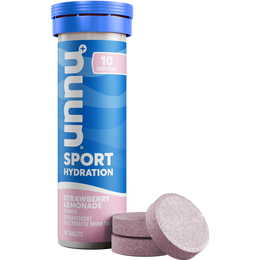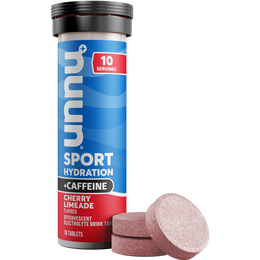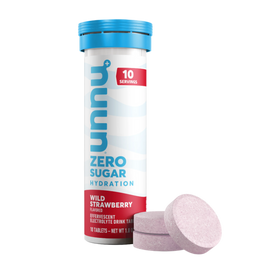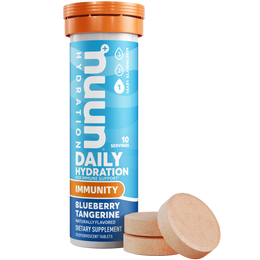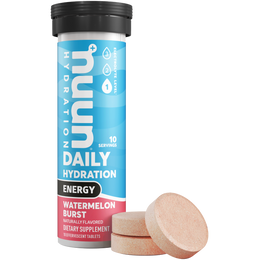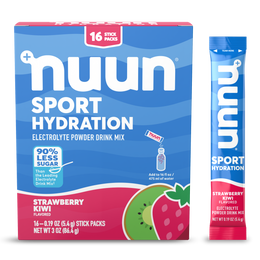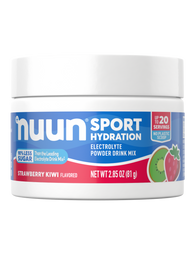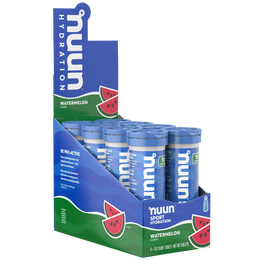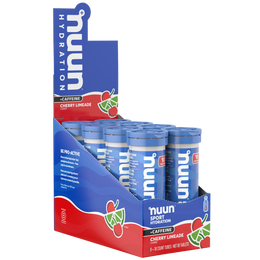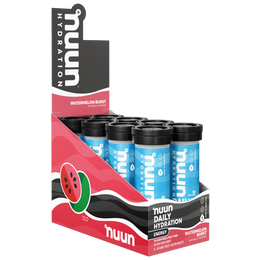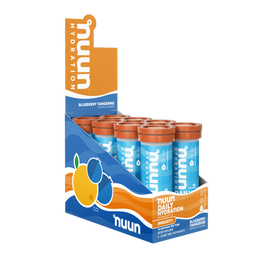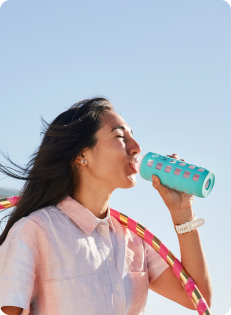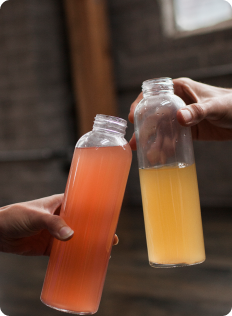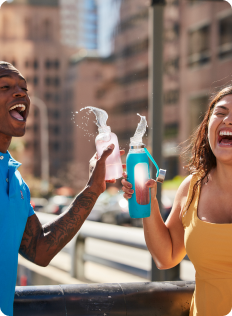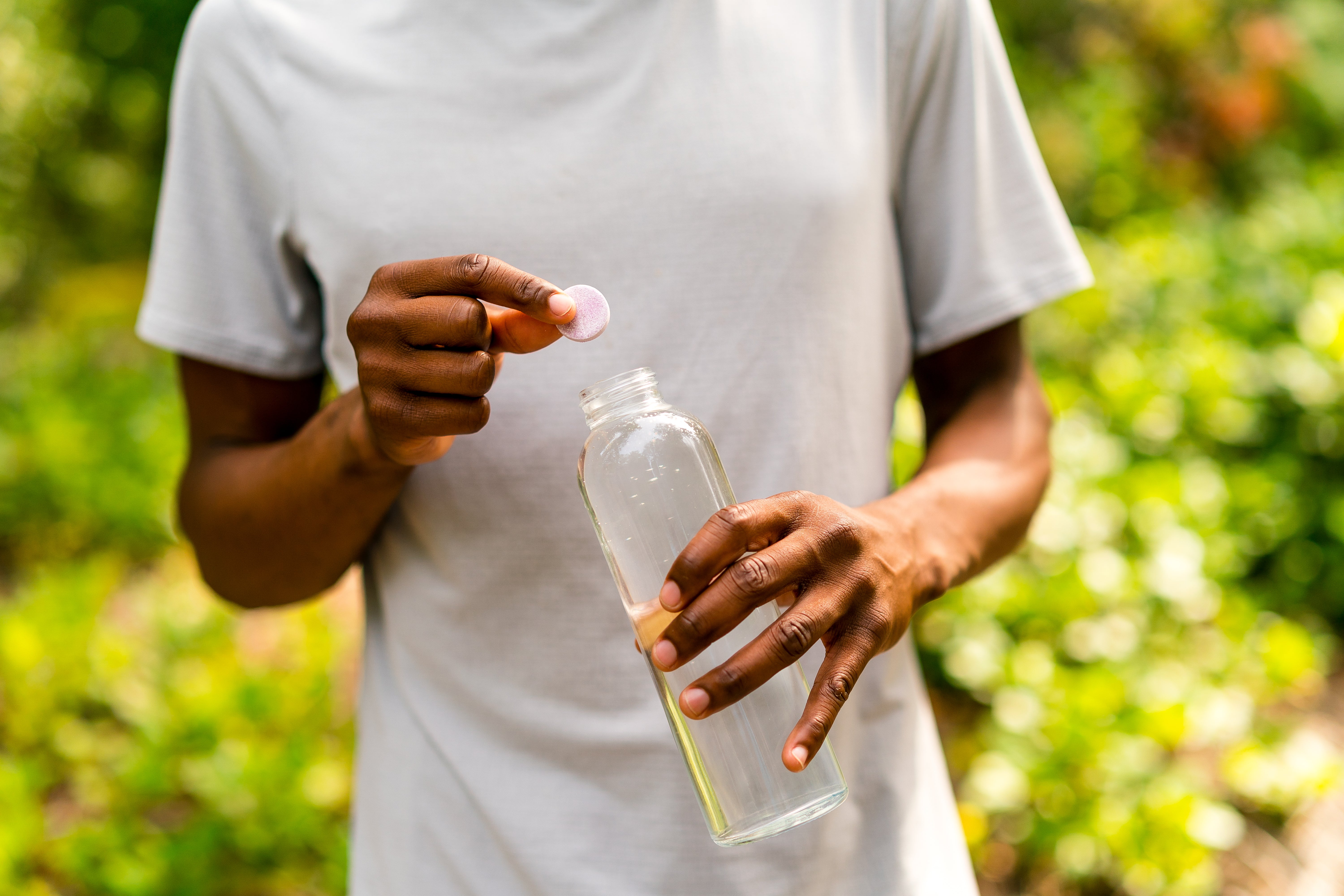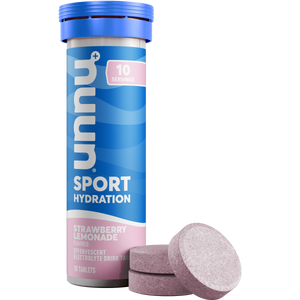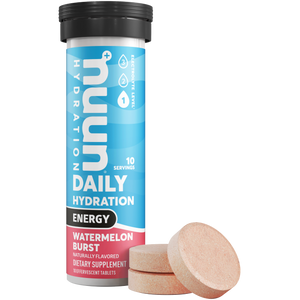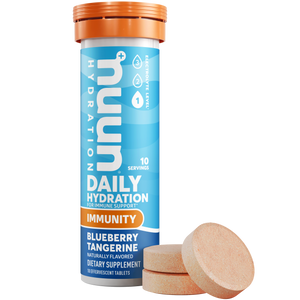It’s easy to remember to hydrate when the weather is warm and a cool refreshing drink from your water bottle sounds like the best thing in the world, but are you bringing the same enthusiasm and care to your cold weather hydration? Don’t let dehydration keep you from enjoying the splendors of the winter season! Learn what causes you to feel dehydrated in the winter and how you can improve your cold weather hydration routine.
Why You May Feel Less Hydrated in Cold Weather
Your body responds to your environment to protect against potential illness or harm. In the case of colder weather, your blood vessels constrict to conserve body heat at your core rather than distributing freely to your extremities. Due to the fact that you maintain core body heat and blood flow, other responses in the body are not triggered as quickly as they usually would be in warmer temperatures. Because of this, your regular thirst sensations are reduced in the winter.
Cold weather also helps sweat evaporate from your skin much faster. This means that you’re left with much less of a “sweaty feeling” after longer activity.
Many of the regular sensory triggers that have you grabbing for your water in the summer are lessened in the winter. This can be potentially dangerous. Even if you don’t feel thirsty, your body still needs regular winter hydration during cold weather activities.
In fact, the opposite is true. Consider this: do you recall seeing your breath in the air last time it was cold enough? That is water vapor leaving your body, and hence, increased fluid loss leading to winter dehydration!
Staying proactive about your cold weather hydration will be more important than ever. Remember to keep your daily liquid consumption in proportion to your activity levels. Here’s some cold weather hydration tips so you can spend this winter happy and hydrated.
Cold Weather Hydration for Winter Sports
Skiing, snowboarding, hiking, and snowshoeing are just a few ways to work up a sweat this winter. Even though the layers of clothes and gear keep you from feeling sweaty, your winter hydration needs don’t decrease just because it’s cold outside. If you’re going to be active, make sure you’re getting the cold weather hydration you need to keep going strong all day. Pack a reusable water bottle and set reminders on your phone to stop for hydration breaks during your adventure. Just like any activity where sweat is involved, your body will also be losing electrolytes. Replace them with Nuun Sport and keep shredding the slopes and chasing that fresh powder!
Everyday Winter Hydration
Even when you’re not working up a sweat it’s important to get your daily recommended intake of water. Cold weather outside means that the heat will be on indoors and that can mean drier air than you might normally be used to in your home or office. Keep up with your cold weather hydration to counteract the drying effects of the air. An easy way to remember to hydrate throughout the day is to set water intake goals and create special winter hydration routines throughout your day. That could mean getting a fresh glass of water when you check your emails after lunch or enjoying Nuun Vitamins as a treat when you arrive home at the end of the day.
Cold Weather Hydration and Winter Holiday Travel
Winter is a busy time for travel. Airports are extra crowded, and public transportation can be overrun with visitors to your city. Take care to support your immune system while staying hydrated with Nuun Immunity. There’s a reason that Olympian Emma Coburn counts on Nuun Immunity to keep her in top form when she flies around the world to compete. If you’re going to be flying this winter, remember that your reusable water bottle will need to be emptied before going through security. If you want to save on space, collapsible water bottles are a current obsession here in the Nuun office.
Cold Weather Hydration Starts at Home
Whether you’re out and about, running errands, or keeping up with work, it can be a challenge to stay on top of your cold weather hydration needs. At the end of the day if you’re feeling foggy, lethargic, or achy it might be your body telling you to hydrate. Nuun Rest is a great addition to your winter hydration routine. Especially well-suited for the winter months, Nuun Rest can be enjoyed hot or cold and is designed to promote the body’s natural relaxation functions while also providing important nutrients for muscle recovery. In addition to enjoying Nuun Rest before bed, you can also help your cold weather hydration by monitoring the humidity of your home and running a humidifier when things get too dry.
